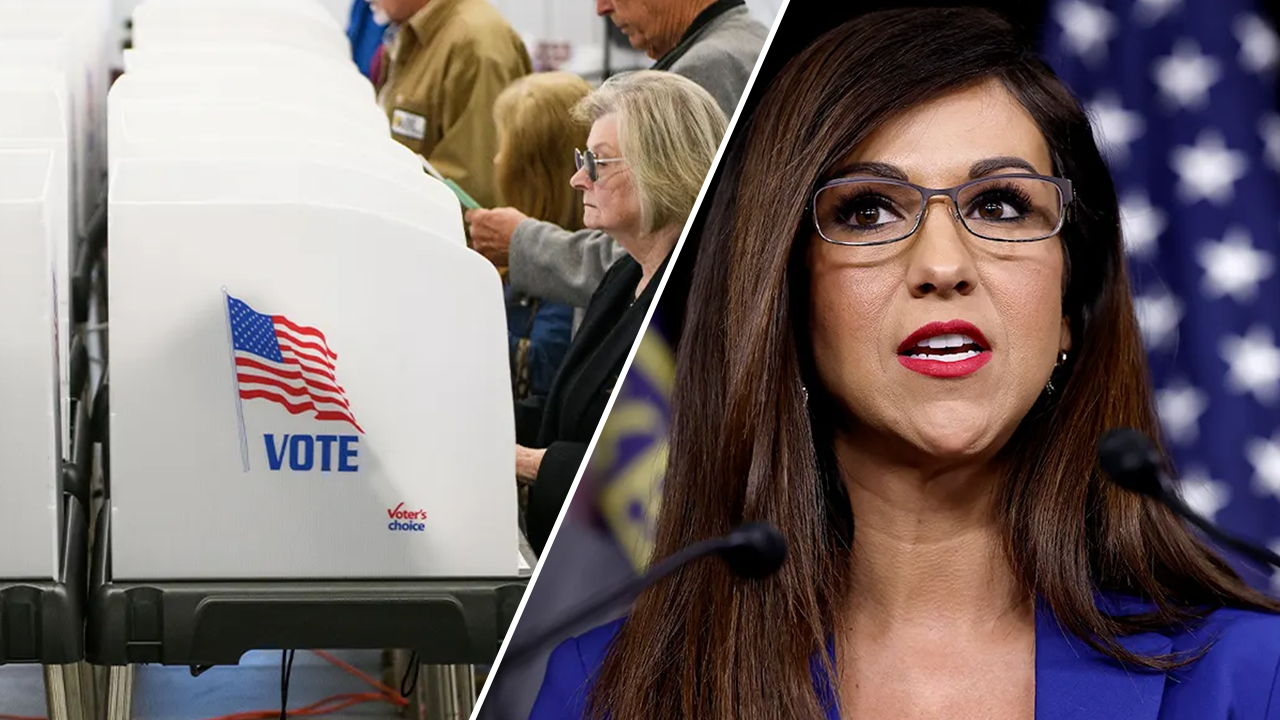Conservative firebrand flips script on House Dem’s ‘gotcha’ response to noncitizen voting crackdown

Some Democrats in the House of Representatives have expressed strong opposition to the Safeguard American Voter Eligibility (SAVE) Act, which only four of them voted in support of during a recent session. The SAVE Act is a proposed legislation that would require individuals to provide proof of citizenship in order to register to vote, rather than simply affirming their citizenship on a form.
Under the SAVE Act, eligible documents that can be used to prove citizenship include a passport, government-issued photo ID, birth certificate, and other forms of identification. Proponents of the bill argue that this measure would help secure elections and prevent noncitizens from voting. However, opponents have raised concerns about the potential impact on certain groups, such as women who have changed their names after marriage.
Rep. Laura Friedman, a Democrat from California, referred to the SAVE Act as a “modern-day poll tax” that specifically targets American women and low-income individuals. She argued that the legislation would make it more difficult for certain groups to exercise their right to vote. Other Democrats echoed similar sentiments, with Rep. Nikema Williams of Georgia calling the bill a form of voter suppression that violates constitutional amendments.
On the other hand, supporters of the SAVE Act, including Republican lawmakers, have dismissed these concerns as baseless. Rep. Lauren Boebert of Colorado rejected the notion that the bill would restrict married women’s right to vote, pointing out that individuals can still register to vote even if there are discrepancies in their documentation. Additionally, supporters argue that requiring proof of citizenship is a necessary safeguard to ensure the integrity of elections.
Despite the divided opinions on the SAVE Act, the bill has received backing from President Donald Trump, who recently issued an executive order for election reforms. The legislation previously passed in the House with bipartisan support, but faced challenges in the Senate. The current version of the bill is led by Republican lawmakers Chip Roy and Mike Lee.
As the debate over the SAVE Act continues, it remains to be seen whether the legislation will ultimately become law. The issue of voter eligibility and election integrity is likely to remain a contentious topic in the political landscape.




